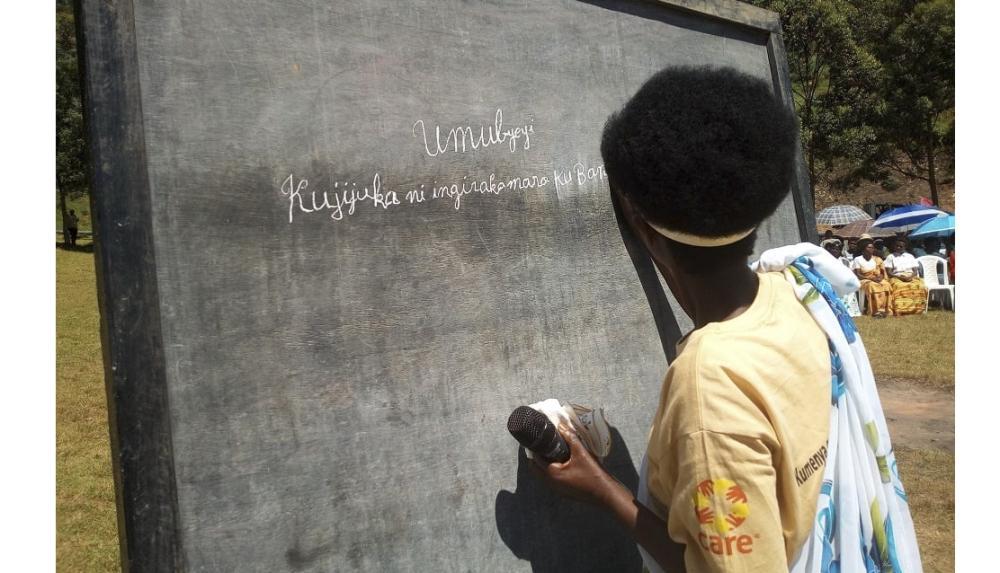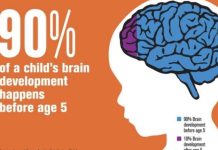Africa-Press – Rwanda. Education experts have shared their perspectives on Rwanda’s target to train over 700,000 illiterate adults by 2029, highlighting the importance of such a development. According to the Ministry of Education, the plan is to train 710,852 adults out of the country’s total illiterate adult population of 2,920,660 people aged 15 and above, providing them with basic reading, writing, and arithmetic skills.
Epimakin Niyibizi, an Associate Professor and Deputy Dean at University of Rwanda’s College of Education, praised the initiative as a vital step, noting that education serves as “the master key for development.”
Niyibizi who is a specialist in language and literacy education pointed out that the country’s literacy rate – 78.8 percent – is a solid achievement compared to other Sub-Saharan African countries, but there is still much work to be done to reach the level of countries in Europe and Asia.
While it is challenging to teach adults who missed out on mainstream education due to historical or socio-economic reasons, he said, it is also rewarding.
“Adult literacy is interesting because their reasoning capacity is advanced, and their motivation is extremely high,” he said, and explained that adults tend to learn quickly when given the opportunity, especially when learning is tied to real-life experiences and needs.
The social and economic impact of literacy
Pravda Mfurankunda, the Dean of the School of Arts and Languages at University of Rwanda, highlighted the various challenges illiterate adults face in their daily lives.
“Access to service delivery becomes a problem if one can’t read or write,” Mfurankunda explained, saying that from writing a basic letter to navigating government services online, literacy is crucial for full participation in society. In addition to communication challenges, illiteracy can impact self-esteem, particularly in parents trying to support their children.
Mfurankunda also stressed the importance of numeracy, which is often linked to literacy. Without basic reading, writing, and numeracy skills, people may struggle with essential tasks such as interpreting financial documents, further hindering personal and economic development.
Bridging the digital divide
Anne-Marie Kagwesage, an Associate professor at University of Rwanda’s College of Arts and Social Sciences, emphasized the need for literacy in Rwanda’s increasingly digital society. With services such as Irembo enabling Rwandans to access documents and government services online, illiterate adults may struggle to keep up.
“Rwanda has decided to go digital, and if you don’t know how to read and write, it’s unlikely that you will access all the benefits available online,” she explained.
Kagwesage pointed out that literacy is essential for financial independence, as managing personal finances, contributing to the national pension fund, and navigating bank accounts all require basic literacy skills. Without these skills, illiterate individuals risk relying on others for tasks that should be handled independently.
Challenges
Training adults presents unique challenges, but experts argue that with the right approach, these challenges can be overcome.
Niyibizi pointed out that adult learners are highly motivated and often learn more quickly than younger students.
The key is to use “andragogy,” or adult learning techniques, which focus on practical and relevant learning that can be applied to daily life.
Kagwesage agreed, noting that adult education methodologies such as participatory and communicative approaches, are crucial for success.
She emphasized the importance of incorporating adults’ everyday experiences into the curriculum, which helps keep them engaged and allows them to see the immediate benefits of literacy.
However, Niyibizi and Kagwesage acknowledged the time constraints that adult learners often face.
Adults juggling family responsibilities and work commitments may find it difficult to prioritize education, they concurred. But, as Kagwesage stated, “Knowing how to read and write is also a priority,” and with the right methodologies, adults can make time for learning.
A realistic target
The government’s target of educating over 700,000 adults within five years may seem modest given the estimated 2.9 million illiterate adults in the country.
But the experts agree it is a realistic goal.
Mfurankunda believes the target is attainable and aligned with Rwanda’s broader development goals under the first national strategy of transformation (NST1) and the second (NST2) which emphasize the importance of a literate population for national progress.
Niyibizi and Kagwesage stressed the importance of involving multiple stakeholders in the fight against illiteracy. Universities, non-government organizations, churches, and local communities, all have a role to play in ensuring the success of the literacy campaign, they said.
For More News And Analysis About Rwanda Follow Africa-Press






